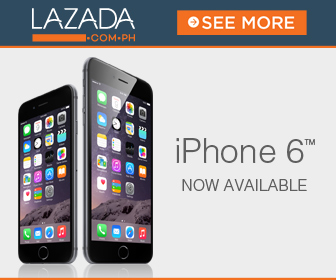A Facebook page and a Facebook group each has its
profits, and they're totally not the same. According to Facebook Help page,
Pages allow real establishments, businesses, celebrities and brands to
communicate broadly with people who like them. Pages may only be created and
managed by official representatives while groups provide a closed space for
small groups of people to communicate about shared interests. Groups can be
created by any person. They have three things in common. Privacy, page and real
people communication. But in the war of marketing your products which one is
better?

Like a friend's timeline, Facebook Pages enable
public figures, businesses, organizations and other entities to create an
authentic and public presence on Facebook. Unlike your timeline, Facebook Pages
are visible to everyone on the World Wide Web by default. You, your friends and
every person on Facebook, can connect with these Pages by becoming a fan and
then receive their updates in your News Feed and interact with them. Authenticity is at the essential of Facebook. Just as timelines
should represent real people and real names, so too should Pages for entities.
Only the official representatives of a public figure, business or organization
should create a Facebook Page.
While Pages were designed to be the
official profiles for entities, such as celebrities, brands or businesses, Facebook Groups are the place for small group communication and for people to
share their common interests and express their opinion. Groups allow people to meet
around a common cause, issue or activity to organize, express commitments, and
discuss issues, post photos and share related content.
When you make a group, you can select whether to make it publicly available
for anyone to join, require administrator approval for members to join or keep
it private or secret and by invitation only. Like with Pages, new posts by a
group are included in the News Feeds of its members and members can interact
and share with one another from the group.
Groups range
widely, from members of a religious group or athletic group uniting activities
to serious topics on government and world events or even more happy-go-lucky
themes. Let’s say that you
and your friends have a favorite celebrity or cause you want to rally around,
but you are not the admin of either. You can either become a fan of the official
Facebook page for the celebrity or cause and show your support at hand or create your own group on Facebook around the mutual interest.
Groups should be considered cautiously
if your organization, product, or person hosts a large number of events as
Pages are unable to send messages to event attendees. Lastly, groups hold a
superior set of social hooks; group owners can appoint Group officers to help
manage the community and members can send Group invites to evangelize on your
behalf.
Buy and Sell Guide believe
that Facebook Pages offer a healthier feature set, they lack some of the viral
hooks Groups own. However, in lieu for word-of-mouth promotion come other
opportunities. Pages can be promoted to hyperactive-targeted niches based on
demographics and psychographics with Facebook’s Social Ads. The chatter can be
enhanced and value can be added by installing applications to the page. Pages
are also open to the public, meaning non-Facebook members can see them and
search engines can list them. Finally, pages are more regularly featured in
news feeds, and more prominently featured in profile pages.
So now that you know the difference between
Facebook groups and pages, which would you use to promote your business, or
that of a business or organization you work or with? If you're a small business
owner and already use a Facebook group or page to market yourself, which
approach do you use and why? Is it working for you? Feel free to comment
together with the link of your website.











No comments: